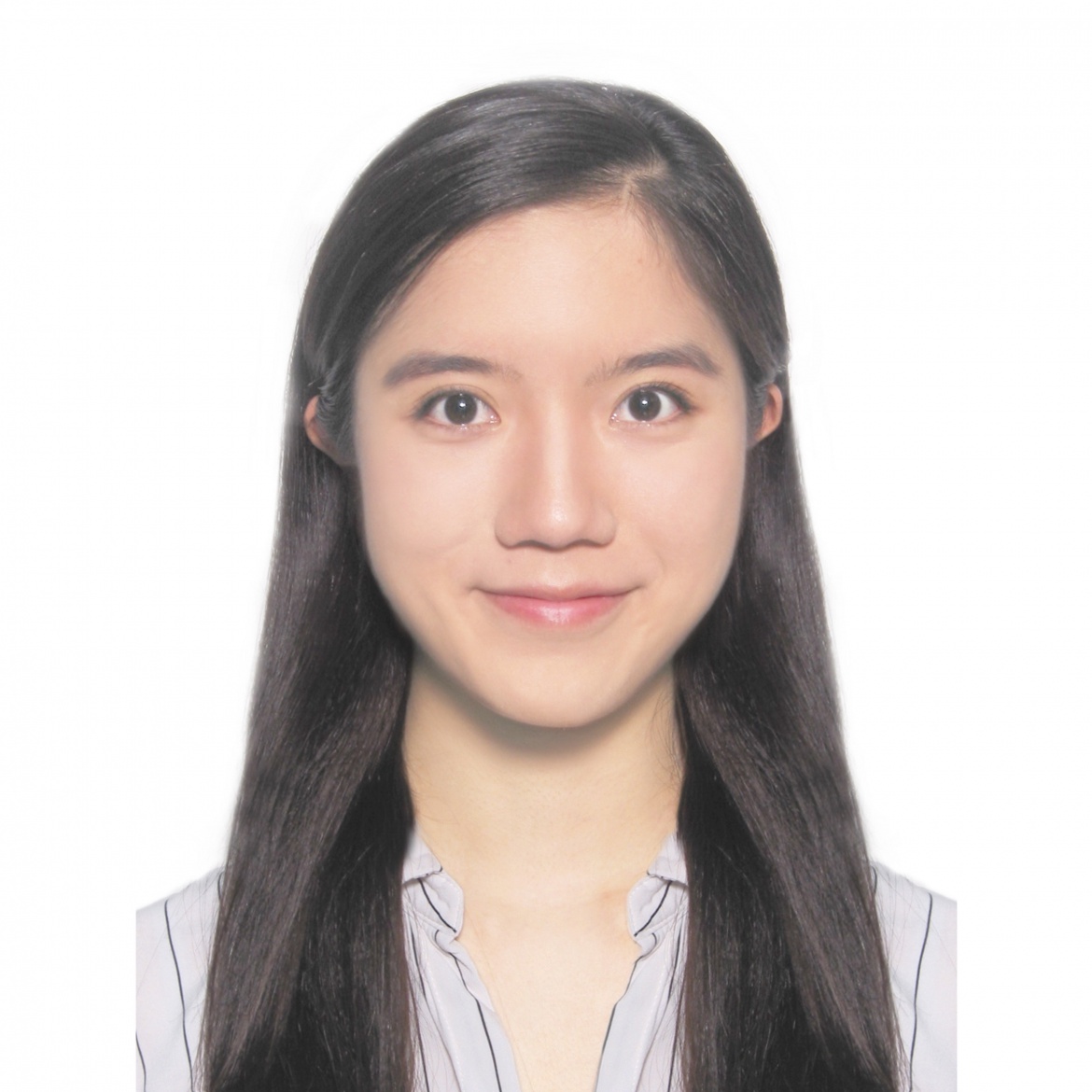For years I felt lost and out of place. I celebrated my peers' academic successes, achievements, and newfound opportunities, while feeling like I didn't measure up. Despite the perseverance and hard work throughout my medical training, I struggled to comprehend the value of my work in this position. Often, I can still find myself battling with my abilities and attempts to achieve as much as I can in a day. Even having made it to my clinical years, I struggle to feel sufficient or deserving of the title 'Student Doctor'. Perhaps, if I had studied for longer hours, had more responsibilities, or filled my schedule with extracurricular activities, all this work would earn me the sense of worth that comes with bearing this title.
I devoted myself to activities I enjoyed, but when assignments and deadlines started piling up, the thought of balancing between school, extracurricular activities, and my own health became overwhelming. Preoccupied with a never-ending workload, I began to lose a sense of my priorities and purpose. With each passing day, my interest in other activities slowly drained away. Taking patient histories and attending clinics started to feel like chores. I skipped out on social gatherings, church fellowship, and Sunday services.
Before I knew it, I was walking further and further away from my spiritual family and God. I was numbed to patient case discussions with only one aim in mind: to study the diseases and treatments thoroughly for the exams. It was only when facing patients in person that I realised how short sighted this view was.
During my surgical rotation, I was asked to translate for a patient who spoke minimal English. Thinking this would be a routine interaction, I agreed without asking further questions. With no prior experience of being on placements, I was shocked when I realised I was telling the patient they had a stage four cholangiocarcinoma!
This was a challenging incident for which no amount of studying would have prepared me. Despite having only just met the patient, I connected and empathised with them immediately. As we spoke, their recollection of past troubles and regrets in life prompted me to think of my close ones and reflect on not having spent as much time with them. It reminded me of my reasons for choosing this career: to help others in their illness and suffering and to shed light on the process of restoring health.
It was at this moment that I recognised the frailty of life and the limitations of our medical interventions. I felt helpless at the situation and the minimal amount of relief current medical advances can offer. In despair, I turned to prayer. I prayed for peace and solace for this patient with an incurable cancer. prayed for God's guidance over us in our earthly limitations. I prayed because there was no other way to overcome this challenge than to trust in him.
'My help comes from the Lord, the Maker of heaven and earth.' (Psalm 121:2)
God's patience and kindness are endless, even when we have none of our own. We turn to him for solace, humbled by our shortcomings, and pray for peace with our neighbours. He reminds us of our purpose: to serve others in love. He does not expect us to constantly prove we are deserving of our achievements or that we are enough.
'It is God who arms me with strength and keeps my way secure. He makes my feet like the feet of a deer; he causes me to stand on the heights.' (Psalm 18:32-33) We do not achieve great heights by the number of our achievements or activities; rather, we serve with compassion and love in the ways God has showed us. As Philippians 4:13 reminds us: 'I can do all this through him who gives me strength.' We can only be strengthened if we have faith in his plans for us.
Reflecting on this incident alone, it is no doubt many healthcare workers will have felt hopeless and limited in their clinical practice at least once in their lifetime. No matter how difficult our situations can get, numbing ourselves to human suffering will not bring us closer to serving our purpose.
It isn't incompetence that is increasing in healthcare, but the lack of compassion and sense of purpose in our work.
'Therefore, as God's chosen people, holy and dearly loved, clothe yourselves with compassion, kindness, humility, gentleness and patience.' (Colossians 3:12)
Rain Puiman Yan is a medical student in the Republic of Ireland































